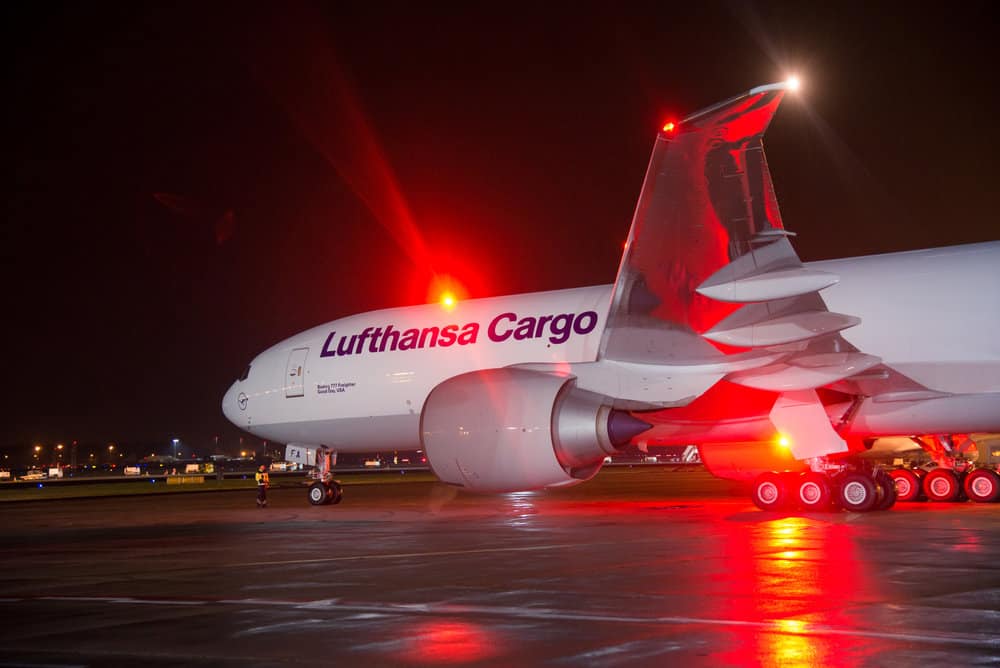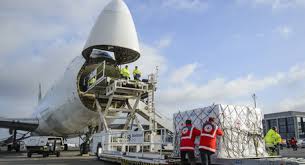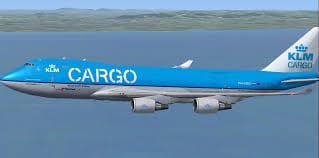
There are worrisome economic signals coming from Europe as airports and airlines across the continent report dismal February volumes. The Airports Council International reported a 3.3 percent decline in air cargo volumes for airports in the region, the fourth consecutive decline and the worst reading since 2013.

Germany’s top four airports combined handle more than 90 percent of the country’s air cargo; all posted declining volumes. However, the United Kingdom’s Heathrow reported a 5.0 percent year-over-year increase in cargo.
Meanwhile, the International Air Transport Association (IATA) reported that global freight tonne kilometers declined 4.7 percent year-over-year. European carriers reported a 1.0 percent decline year-over-year and a 3.1 percent decline in January volumes.

Europe’s largest cargo carrier, Lufthansa, reported a 3.5 percent decline in revenue cargo, while Air France KLM group and the International Airlines Group (IAG) reported positive year-over-year volume growth of 0.8 percent and 1.3 percent respectively.
Despite the few green-shoots, there is reason to be concerned. Air cargo volumes as reported by the Airports Council International and IATA have been declining for several months. Coupled with declines in new orders, and new export orders from the largest European economies (France, Germany, Italy and the United Kingdom), recession fears are growing.
For February, France’s new export orders fell for the sixth month in a row, while Germany’s new export orders fell the most since October 2012. Falling car sales, weaker demand from Asia, Brexit anxiety and growing competition were reasons IHS Markit cited for these results in its monthly report. In addition, Italy reported that new orders contracted at the fastest pace since May 2013. Even though the United Kingdom’s overall manufacturing activity was positive, thanks primarily to stockpiling ahead of its original March 29th exit from the European Union, new orders and new export orders declined.
March was not much better for new export orders. Germany’s new export orders fell at the fastest rate since April 2009. France, Italy and the United Kingdom also noted declines. The likelihood for airports and airlines to extend their volume declines into March and even into April are very high given the disappointing European manufacturing data.
“European air cargo declines are indicative of the current state of globalization.”
European air cargo declines are indicative of the current state of globalization. In its heyday, prior to the ‘Great Recession,’ as globalization was embraced and outsourcing expanded beyond country boundaries, demand for air freight increased. However, today is much different and now one must maneuver through rising tariffs, changes in trade agreements and technology enhancements, which are all playing their own role in declining air cargo volumes. Europe emerged from the Great Recession very slowly and some analysts believe the region has never really fully recovered. Indeed, austerity measures have proved damaging to member countries and have resulted in political shifts favoring nationalism.
The rising nationalist sentiment is threatening the stability of the European Union. Already, we see the United Kingdom prepare to formally leave on October 31 and there are rumbles of other European countries following. A break-up of the world’s largest trading bloc would have damaging global ramifications.
Meanwhile, trade talks between the European Union and the U.S. continue under the cloud of U.S. tariffs on European steel and aluminum and possibly on an additional $11 billion of European goods as retaliation for European subsidies to Airbus. Not only have these tariffs and potential new ones damaged relations between the European Union and the U.S. but they have negatively weighed on air cargo.

Technology enhancements are also playing a role in declining European air cargo volumes. Highly automated manufacturing moves closer to customers, the demand for air services lessens while the need for road services increase. In addition, emerging technologies such as 3D-printing is rewriting how manufacturers manage spare parts and just-in-time-delivery.
The European air cargo market is faced with many challenges and will need to adapt to remain viable. The outlook for this year, however, is not promising. There are too many environmental factors stacked up against the European air cargo market.







